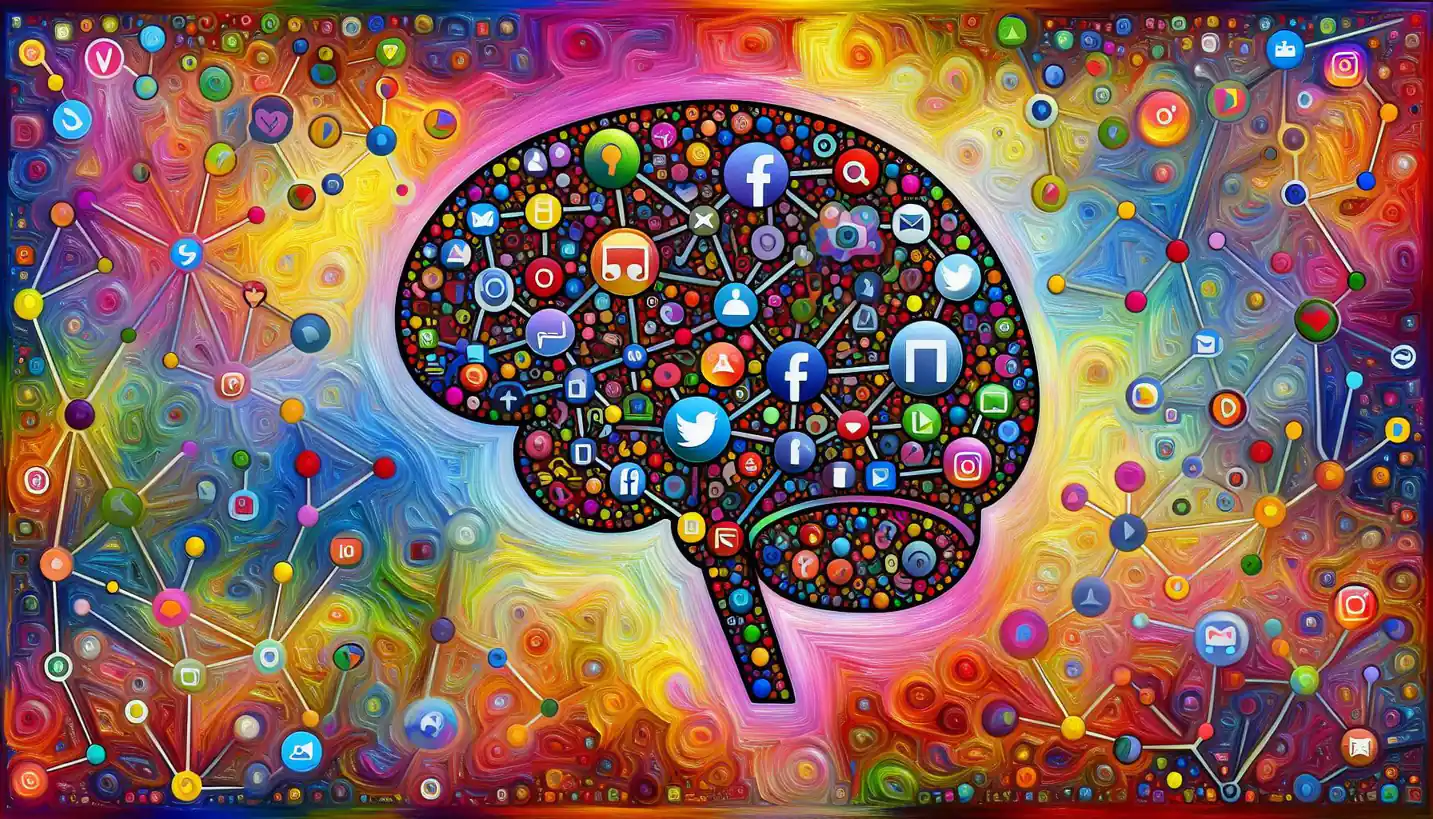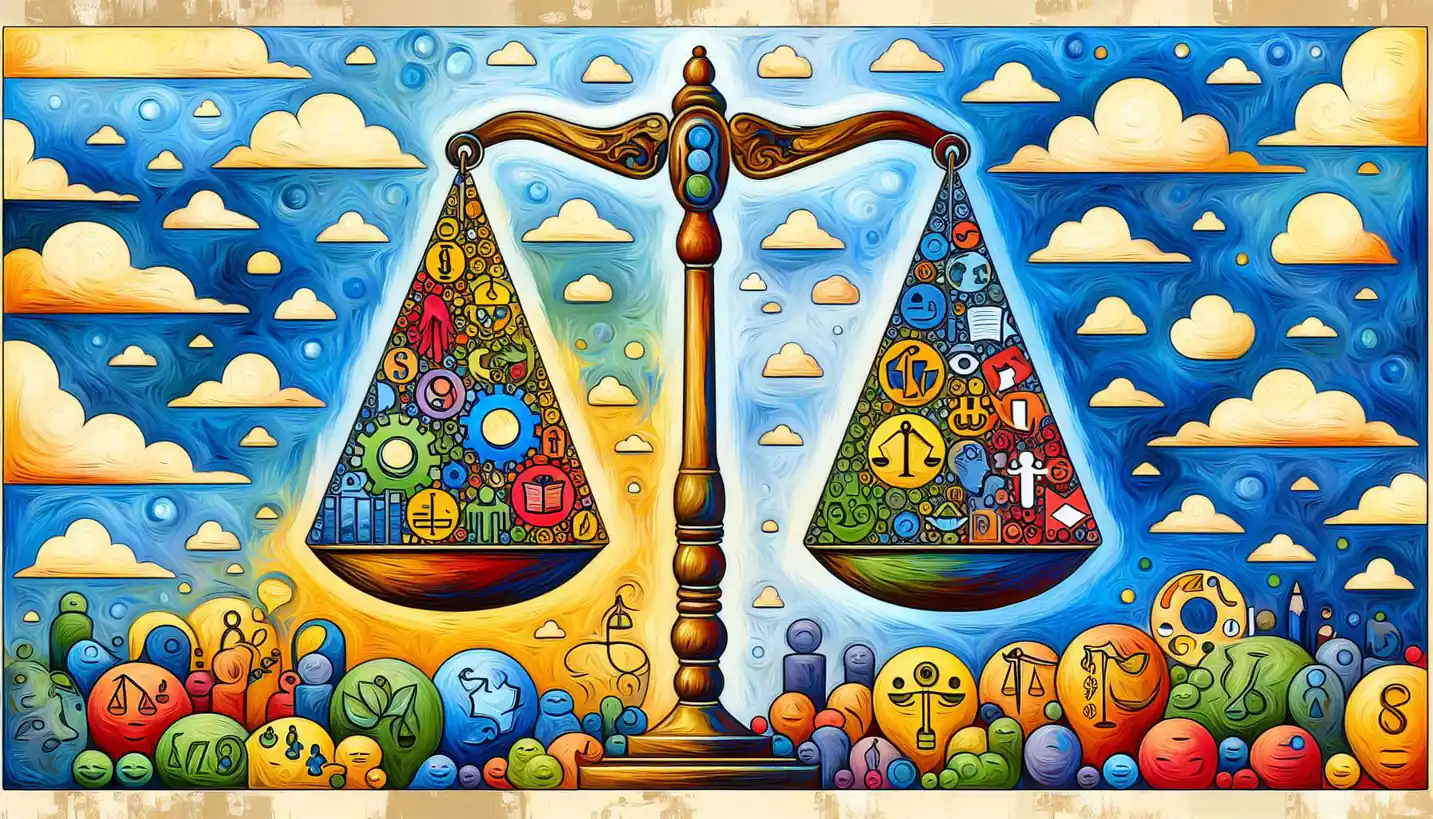· Sociology · 3 min read
Habitus: Exploring the Invisible Forces Shaping Our Lives
Habitus, an unseen force, guides our thoughts and actions daily. Understand how familiarity and practice shape our social existence.

Habitus might not be a term you hear every day, but it plays a massive role in shaping the way we navigate the world. It’s one of those sociology concepts that dives deep into understanding why people act the way they do. Think of habitus as the internal compass guiding our actions and reactions, often without us even realizing it.
Understanding Habitus
To make sense of habitus, imagine it as a set of invisible threads woven into the fabric of our lives. These threads affect our tastes, habits, skills, and even the way we see ourselves and others. Coined by the sociologist Pierre Bourdieu, habitus refers to these underlying patterns and perceptions influenced by our upbringing and social background.
The Story Behind Habitus
Bourdieu was a French sociologist who made a significant impact on how we think about culture and society. He grew up in a rural village, far removed from the intellectual circles of Paris. This background gave him a unique perspective on society’s subtle structures and influenced his curiosity about how our social environment shapes us.
How Habitus Works
Imagine walking into a fancy art gallery for the first time. You might feel out of place, unsure of how to behave or what to appreciate. Someone who regularly visits galleries, on the other hand, glides through with ease. This feeling of comfort or awkwardness is the habitus at play. It’s an internalized understanding of how to behave based on past experiences.
Examples of Habitus in Action
Consider the way people from different regions speak. Accents and dialects develop because of habitus, influenced by where we grow up and who we interact with. This extends to everything from our fashion choices to our values and beliefs. Habitus determines our “natural” inclination toward certain things, like preferring tea over coffee or rooting for one sports team over another.
Why Habitus Matters
Understanding habitus helps us see the world through others’ eyes. It explains why people from different cultures or backgrounds might view the same situation differently. It shows how deeply rooted social inequalities can be, as certain groups possess a habitus that aligns better with what society deems successful or valuable.
Questions About Habitus
A fascinating question arises: Can we change our habitus? While challenging, it’s not impossible. Exposure to different environments, experiences, and interactions can slowly reshape our internal framework. This adaptability raises curiosity about how much control we have over our choices and identities.
The Importance of Habitus Today
In today’s diverse and interconnected world, recognizing the concept of habitus is more crucial than ever. It can help bridge gaps in understanding and empathy among different cultural groups. This awareness can lead to more inclusive communities and better social policies that consider everyone’s background.
Habitus and Future Research
Researchers continue to explore habitus, seeking to understand how digital environments, like social media, influence it. As we increasingly shift online, the traditional notion of habitus expands, sparking questions about how technology shapes our identities and interactions in the virtual space.
Wrapping Up
Habitus isn’t just an academic concept; it’s a lens through which we can view everyday life. It’s all about those subtle, often overlooked forces that shape our personalities, preferences, and paths. By being aware of habitus, we can better understand ourselves and those around us, paving the way for a more empathetic and accepting society. So next time you notice yourself naturally doing something, remember—habitus might just be pulling the strings.



